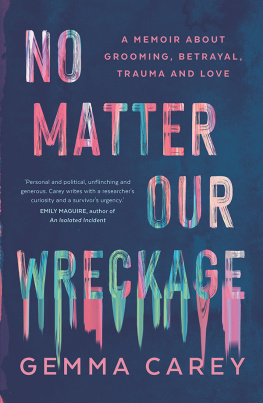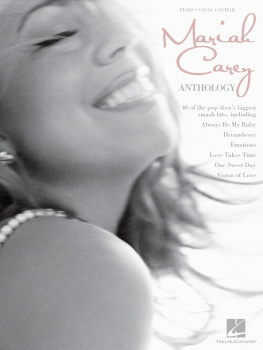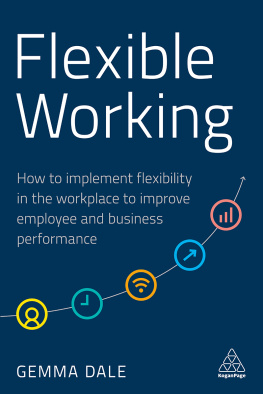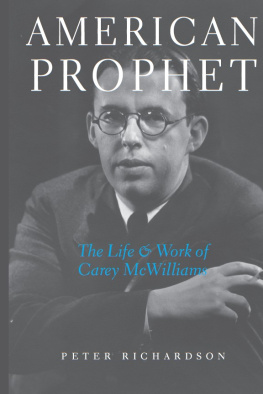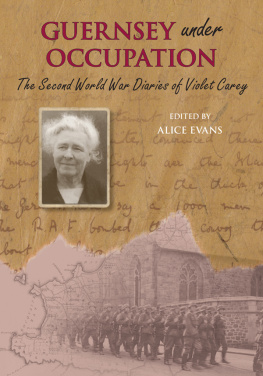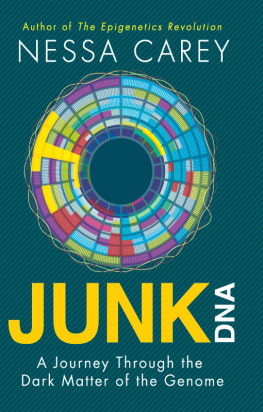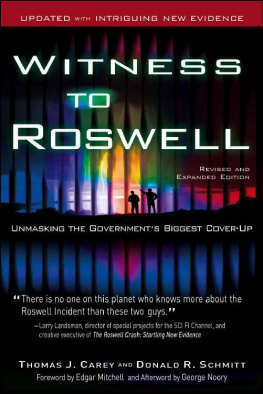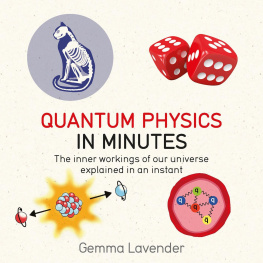Gemma Carey - No Matter Our Wreckage
Here you can read online Gemma Carey - No Matter Our Wreckage full text of the book (entire story) in english for free. Download pdf and epub, get meaning, cover and reviews about this ebook. year: 2020, publisher: Allen & Unwin, genre: Detective and thriller. Description of the work, (preface) as well as reviews are available. Best literature library LitArk.com created for fans of good reading and offers a wide selection of genres:
Romance novel
Science fiction
Adventure
Detective
Science
History
Home and family
Prose
Art
Politics
Computer
Non-fiction
Religion
Business
Children
Humor
Choose a favorite category and find really read worthwhile books. Enjoy immersion in the world of imagination, feel the emotions of the characters or learn something new for yourself, make an fascinating discovery.
- Book:No Matter Our Wreckage
- Author:
- Publisher:Allen & Unwin
- Genre:
- Year:2020
- Rating:4 / 5
- Favourites:Add to favourites
- Your mark:
- 80
- 1
- 2
- 3
- 4
- 5
No Matter Our Wreckage: summary, description and annotation
We offer to read an annotation, description, summary or preface (depends on what the author of the book "No Matter Our Wreckage" wrote himself). If you haven't found the necessary information about the book — write in the comments, we will try to find it.
No Matter Our Wreckage — read online for free the complete book (whole text) full work
Below is the text of the book, divided by pages. System saving the place of the last page read, allows you to conveniently read the book "No Matter Our Wreckage" online for free, without having to search again every time where you left off. Put a bookmark, and you can go to the page where you finished reading at any time.
Font size:
Interval:
Bookmark:

This is a book I never imagined would get written. It is certainly not one that would have been published without the love and encouragement of a special few in my life:Ben OMara, David Sornig, Anna Spargo-Ryan and Lauren Deville.
A special thank you to my agent Sarah McKenzie for believing my book had a message the world needed to hear, and Jane Palfreyman for agreeing with her. Finally, Ali Lavau for understanding that organising the words on the page in the way you want is just as important as the story itself.
There is an image of my mother that will haunt me for the rest of my life.
Shes standing in the kitchen of my parents big rambling family home, clinging to the wall, crying. Shes hanging on to that kitchen wall with all the strength she has an egg-sized tumour in her brain has taken away her balance. Without the wall to steady herself, shell collapse. If she tries to follow me, as I stride past her, shell fall and hurt herself.
We both know it. We both know that she is trapped there, in the kitchen, hanging on to the wall. And that if I leave, she might be stuck there for hours.
That morning her short grey hair is uncharacteristically unkempt. Her face is puffy. She looks terrified. Its an awful, pitiful sight. This normally dignified woman in her early sixties, begging her daughter through sobs not to go.
I cant bear to witness it. I avoid looking at her, determined to make it out the front door without giving in to her pleading. If I stay, there are only two options: allow her to sweep everything under the rug again or lose my composure and spill twenty years worth of hurt right there on that kitchen floor. I dont want to do either. I just want to get away.
Weve been doing battle all night. Though over what exactly, neither of us could tell you. The drugs they have given her to shrink the brain tumour strip her down to base emotion. To fear, rage and sadness. Last night it was rage. This morning it is fear.
She is begging me to at least turn and face her. To say goodbye before I leave. Thats always been her rule never leave the house in anger without saying goodbye, lest something terrible happens and you are left regretting the fact you parted on bad terms.
Ignoring her, I collect my keys and bag.
As I reach the front door, I hear her call out after me, You need to be a more forgiving daughter.
I dont answer. I dont look back.
I pull the front door shut behind me as I walk out, stumbling into the warm sun of a Monday morning. I get in my car and drive to work, bleeding exhaustion and sadness.
I didnt stop or look back when my mother called out to me because she wasnt asking me to forgive her for the rage and psychosis of the night before. Or at least, she wasnt asking me to forgive her only for the night before. Between the tears on her face and the cold of my back were twenty years worth of secrets and betrayal.
You see, when I was twelve a man twice my age used to sneak into my bedroom several times a week and go down on me. My mother knew, but she never spoke to me about it. And she never intervened to stop the abuse.
Now she is dying, and the past is rising to the surface like a bruise.
Fragments of memory swirl and bubble up. Out of order, unstoppable.
A girl in purple Doc Martens boots standing by the road in the middle of the night.
A knock on the window, a waft of mens cologne.
My mother looking at me anxiously, a question on her lips she doesnt ask.
A series of wordless snapshots I am trying to make sense of.
It has taken me years to begin to find the right words to describe the events that interrupted my experience of child, adolescent and, in time, relationship. Some of the words werent invented when I was twelve and this story began. Grooming has become part of our modern lexicon as knowledge of the internet and the dangers it contains has grown, but it didnt exist then.
The first time I read about grooming I sat in silence as a thousand pieces of an impossibly complex jigsaw shuffled around in my head to find their rightful place. At that time, I was living in Brunswick, Melbourne, where I moved in my early twenties to escape the suffocation of my home town. I was working from home, studying for my PhD, and clicking around the internet for a distraction. Falling down the clickbait rabbit hole, I ended up on the website of an artist who was collecting photos of women holding signs. The signs had words their abusers had said to them, had used to coax them, lure them in.
I could have held nearly every one of those signs myself.
Buried in the text describing the artists intent was a description of grooming. I leant back in my chair. I stared at the ceiling whispering over and over: This is a thing.
There is great power in giving something a name. It brings a sense of order. When we dont have a name for things, we often blame ourselves. But once named, analysis and judgement follow.
We know about grooming over the internet now its a crime. Grooming is an evil act that leads to other, greater, evil acts. But, when I was growing up in the 1990s and the early 2000s, we didnt yet have the word grooming.
Other words, those needed to form sentences, paragraphs understanding, as it were were beyond my reach. They only started to come when I was thirty-two, and my mother began dying from cancer.
Finding these words is much harder, particularly against the societal backdrop of female exploitation, male excuses and the degradation of women. In a world where the concept of womens consent is still treated as hazy and pliable not a simple statement of fact, of yes or no. This haziness has played out in numerous court cases and opinion pieces in recent years, with men let off the hook due to alcohol sometimes their own drunkenness, but usually the womans or a misunderstanding, leaving women unheard and no doubt confused.
We know that most cases of sexual assault are never reported, or if they are women are discouraged from proceeding with charges because they wont stick. Meanwhile, in so-called advanced democracies like the United States, rape kits have sat unanalysed for decades. Its not a one-off tragedy like some reporting would have you believe, its a daily occurrence. Though, gradually, this is shifting. As more women powerful women come forward, baring their secrets and their stories. Finally, it appears, the world is starting to listen.
Yet for me, the words I needed werent just to describe an act. Grooming, molesting, sexual assault, statutory rape. Useful? Yes. Sufficient? No. These words describe a series of acts; they do not tell us why those acts were committed. Importantly, they didnt help me to make sense of why these acts had happened to me, specifically.
The words I needed had to come from a deep understanding of why these things happened to me. For years I believed my perpetrator had betrayed me, which is to suggest that I held certain expectations of him as a fellow human being; as though he was a friend who had overstepped, rather than a predator who accomplished his goals. I needed to understand that the betrayal did not come from the man who molested me. No, the betrayal came from the woman who could have protected me.
The words I needed began to form after a friend said, But your mother did this.
Sarah and I were hanging out at her house. She lived down the road from me in Brunswick and we were both studying in the same postgraduate program. She once joked, when explaining to a stranger how we knew each other, We started talking one day and never stopped. Several times a week we would stroll over to one anothers house, sip tea and talk. Back then, Sarah was warm and almost too friendly, wearing all her anxieties on her sleeve. Charismatic, with a glint of
Font size:
Interval:
Bookmark:
Similar books «No Matter Our Wreckage»
Look at similar books to No Matter Our Wreckage. We have selected literature similar in name and meaning in the hope of providing readers with more options to find new, interesting, not yet read works.
Discussion, reviews of the book No Matter Our Wreckage and just readers' own opinions. Leave your comments, write what you think about the work, its meaning or the main characters. Specify what exactly you liked and what you didn't like, and why you think so.

